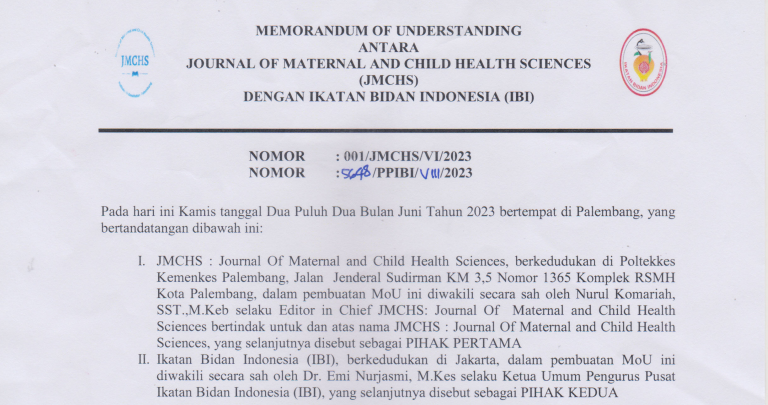Maternal Iron Deficiency and Its Effects on the Fetus and Infant
Abstract
Iron is essential for the function of all cells through its role in oxygen delivery, electron transport, and enzymatic activity. Cells with high metabolic rates require more iron and are at greater risk for dysfunction during iron deficiency. Iron deficiency is associated with adverse pregnancy outcomes, including increased maternal disease, low birth weight, prematurity, and intrauterine growth restriction. The rapidly developing fetal brain is particularly at risk for iron deficiency, which can occur due to maternal iron deficiency, hypertension, smoking, or glucose intolerance. Low maternal gestational iron intake is associated with autism, schizophrenia, and abnormal brain structures in the offspring. Newborns with iron deficiency have impaired recognition memory, slower processing speed, and poorer bonds that persist despite postnatal iron deficiency. Scientific sources were obtained from Google Scholar and Pubmed in the form of textbooks and scientific journals totaling 33 pieces. This literature review describes the neurocognitive and mental health consequences of fetal iron deficiency and emphasizes that fetal iron is a key nutrient influencing brain development and function throughout life
Copyright (c) 2021 JMCHS : Journal of Maternal and Child Health Sciences

This work is licensed under a Creative Commons Attribution-ShareAlike 4.0 International License.
Authors who publish with this journal agree to the following terms:
- Authors retain copyright and grant the journal right of first publication with the work simultaneously licensed under a Creative Commons Attribution License that allows others to share the work with an acknowledgement of the work's authorship and initial publication in this journal.
- Authors are able to enter into separate, additional contractual arrangements for the non-exclusive distribution of the journal's published version of the work (e.g., post it to an institutional repository or publish it in a book), with an acknowledgement of its initial publication in this journal.
- Authors are permitted and encouraged to post their work online (e.g., in institutional repositories or on their website) prior to and during the submission process, as it can lead to productive exchanges, as well as earlier and greater citation of published work












